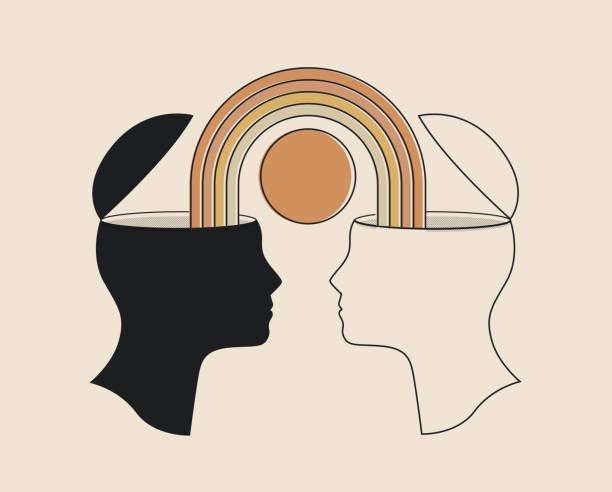“I’ve Never Thought About My Voice”
I taught a workshop a few months ago, and an attendee said something so honest and so intuitive, that it made me pause.
I always ask attendees what concerns they may have about their voice: many say they wish they weren’t so high-pitched, so loud, so fast.
When it came to one woman’s turn, she looked a little uncomfortable, as if admitting to a failing, and answered:
“I’ve honestly never thought about my voice.”
Fair enough.
And that one admission (far from being a “failing”) summed up what many who attend my workshops might be feeling – and this may hold the key as to why these workshops are so beneficial and lacking in most YTT training: most people don’t think about their voice or the impact it makes.
Our voices are a deeply personal aspect to our being. They are as personal as our skin, our eye color, our laugh. We use it to ask where to find marinara sauce at the grocery store, we use it to order coffee, it enables us to get to the bottom of our child’s meltdown, and it’s instrumental to making our point in a meeting.
But this mechanism by which we verbalize goes much deeper than that. It’s as big a part of our identity as our appearance, and others draw conclusions about us as much from how we sound as whether or not we look pleasant.
Others base conclusions on how we sound.
I have coached many people looking for more credibility in the workforce (full credit to them for making the connection between their voice and their overall standing in their company/industry) and just as an awareness of the importance wardrobe, business protocol, and overall manners is key to progress in your industry, the sound of your voice is instrumental in ensuring success, regardless of your industry or goals.
Three things to spark – and maintain -- a curiosity about your voice:
What *Is* My Sound?
In my workshop, I pose a little sidebar question: “What is your natural voice?” This voice is revealed in unguarded moments: speaking to your spouse, talking to your dog, asking your friend how her week was. These are the moments where we’re not really aware of being listened to – we’re just “conducting business” with our voice, and getting things done. When you say goodnight to your partner, pay attention to that pitch and that “key” you speak in. That’s where your voice should naturally be centered.
Is This How I *Really* Sound?
Almost everyone hates the sound of their own voice. They’re hearing their voice through a whole network of bone and muscle, and our voices sound “muffled” and lot deeper than they actually are. We all hate the outgoing message on our cell phones, but getting used to your sound is key to improving your relationship with it. Read out loud whenever possible. For bonus points: record yourself on your phone while doing it and give the recording an honest listen. If you do this on a regular basis – and review old recordings next to recent ones – you can track your progress and detect bad habits along the way.
What’s the Feedback Been?
If you have people close to you mentioning things like: “You have a tendency to do this with your voice…” or even imitate you, count that as a gift. Feedback from those who know you well can raise awareness of things you might be doing automatically with your voice and curtail anything undesirable. A very esteemed former yoga teacher of mine got great feedback from her students about her voice post-coaching, and many even mentioned that she doesn’t do the “Valley Girl” talk that she used to do (I can’t take complete credit; she had heard the trait in recordings she had done in her class and was aware of her trend in heading in that direction vocally. Her awareness corrected it.)
If you haven’t really thought about your voice: you’re not alone. It’s an entity that just…runs under our lives, functioning without us even considering what it does or what it can do. Increasing your awareness of what a powerful tool it is – and what it’s capable of doing – is the true key to accessing











